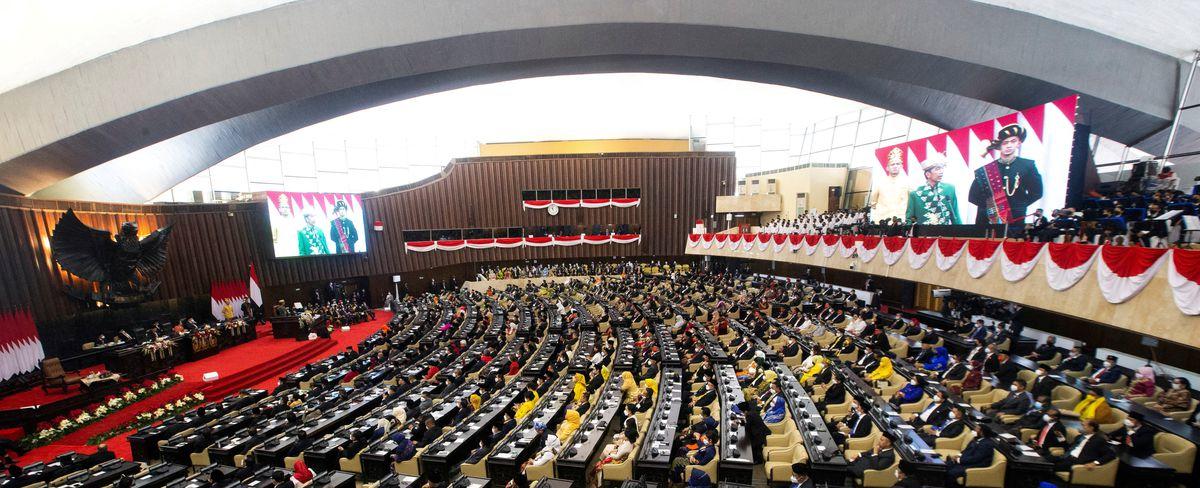Indonesia's parliament passes controversial jobs decree into law

Indonesia’s Parliament has passed a law, known as the “job creation law” or the “omnibus law,” which aims to remove hurdles for investors and simplify business permits as a way to spur foreign investment and create jobs. The new law is controversial as it weakens workers’ rights and environmental protections. The approval of the law sparked massive protests all over Indonesia, with thousands of people taking to the streets to demonstrate against the government’s decision.
The new law is expected to benefit the country’s economy, which has been struggling due to the COVID-19 pandemic. The legislation is intended to reduce red tape and streamline the decision-making process for businesses looking to invest in Indonesia. The law also includes provisions aimed at attracting foreign investment by offering tax breaks and other incentives.
However, it has been widely criticized for being unjust towards workers’ rights and for allowing companies to take shortcuts in hiring and firing workers, as well as in environmental protections. The law makes it easier for companies to lay off workers, reduces severance pay and relaxes requirements to pay minimum wages.
Environmental activists have also expressed concerns that the legislation will allow companies to ignore environmental standards, threatening Indonesia’s forests and wildlife habitats.
The passing of this controversial law demonstrates the government’s commitment to attracting investors and boosting the economy. Still, it came at a considerable cost to the country’s workers and the environment. Balancing the interests of businesses, workers, and the environment is a delicate endeavor that demands careful consideration to avoid injustice and harm.
In conclusion, the new “job creation law” in Indonesia is a hotly debated topic, and the discussions center around which is a better approach: prioritizing jobs at any cost or safeguarding workers’ rights and environmental protection. It is a relevant topic, especially given the endemic poverty and unemployment rates in Indonesia. The debate will continue for some time.
Quick Links

